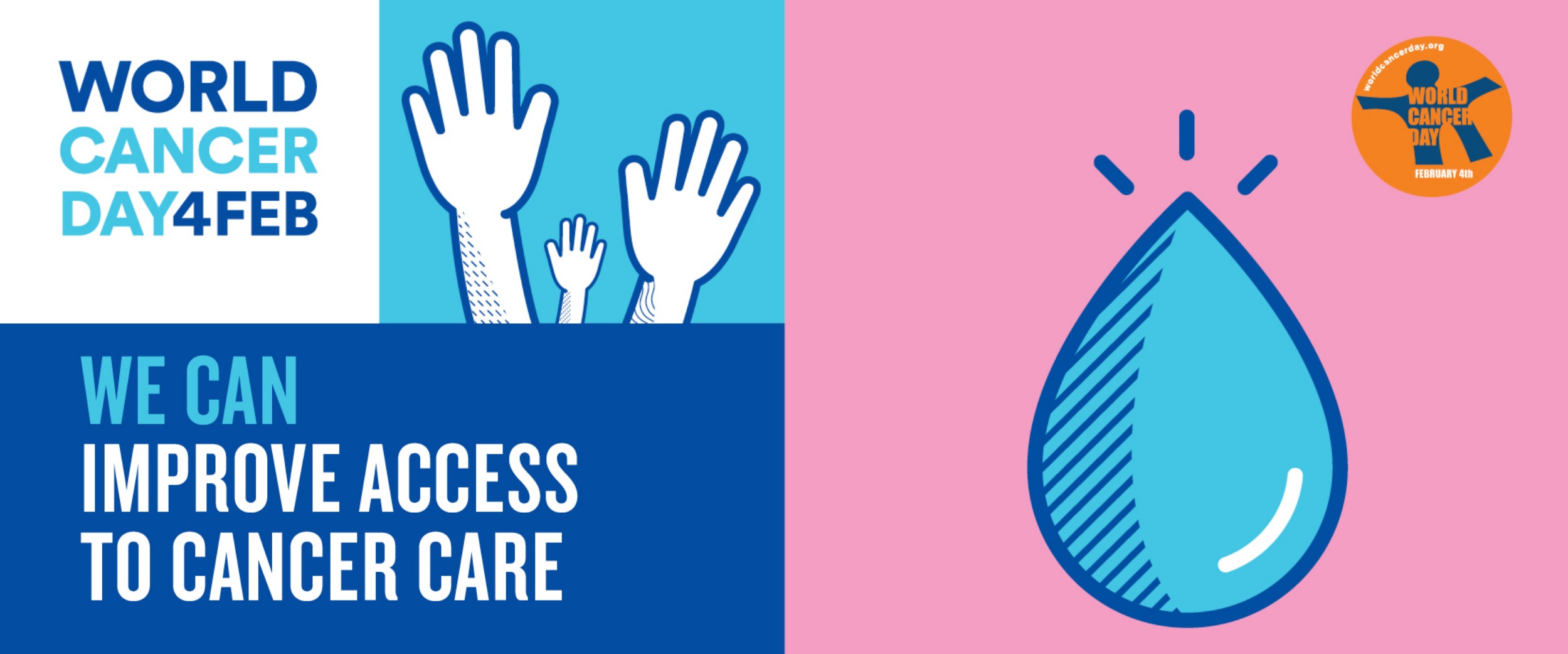February 4th marks World Cancer Day, a global event that takes place every year uniting people around the world who are concerned about the fight against cancer. Currently, 8.8 million people die from cancer globally every year1 and breast cancer is the most commonly diagnosed cancer in women2.
The “We Can. I Can.” message of World Cancer Day showcases how people can create change individually and together to reduce the burden of cancer globally. CBCN has been and continues to take action to improve access to cancer care and improve quality of life for Canadians affected by breast cancer.
We Can. Join forces to make a difference. CBCN has joined forces with coalitions and groups to help improve access and raise awareness about the needs of people with breast cancer. As a member of CanCertainty, we are advocating that access to take-home medications should be equal no matter what part of Canada you live in. And as a partner on the Paukuutit Inuit Women of Canada’s Inuit Cancer Project, we advised on the development of much-need treatment guides that were translated into three Inuktitut dialects ultimately improving access and awareness of cancer within Canada’s Inuit communities.
We Can. Shape policy change. We continue to champion patient concerns regarding access to treatments in Canada by advocating for more transparency by Canadian health agencies and faster, more equitable access to treatment drugs. Our Waiting for Treatment report demonstrates that there is often a two-year lag time from when a treatment becomes available in Canada to when it is listed on the public cancer formularies. We’ve been working hard to change this by participating in consultations with health technology assessment bodies and advocating to government representatives.
We Can. Inspire Action. Take Action. We’ve lead successful campaigns to help raise awareness of metastatic breast cancer, bone health and managing treatment side effects. Through these campaigns we’ve not only been able to raise awareness about the disease but we’ve helped address needs people with breast cancer experience. We’ve provided information on the different sub-types of breast cancer, questions to ask your doctor and clinical trial factsheets (and you can find all of these useful resources here). We’ve also developed this infographic on the importance of bone health and tips for strengthening and protecting your bones. Finally, we’ve increased awareness on often unheard-of side effects like febrile neutropenia.
We Can. Help you take control of your cancer journey. To help you live a better life while managing your breast cancer we’ve connected you with information to improve side effects and hear from individuals living with breast cancer through our blog. In response to our Waiting for Treatment report we created a comprehensive drug navigation tool called MedSearch to help you see what treatments are available in your province or territory. And finally, we are working on a new navigation tool that will help Canadians facing financial hardships because of their metastatic breast cancer diagnosis find access to financial resources and assistance programs in communities across the country! Thanks to the Union for International Cancer Control (UICC) we will be able to further help you take control of your cancer and improve your quality of life.







